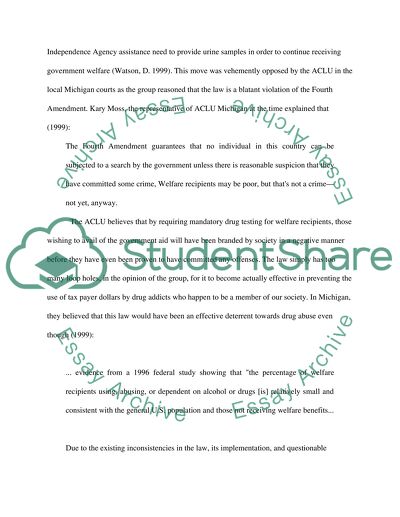Cite this document
(“Welfare Reform Research Paper Example | Topics and Well Written Essays - 1250 words”, n.d.)
Retrieved from https://studentshare.org/history/1464891-welfare-reform
Retrieved from https://studentshare.org/history/1464891-welfare-reform
(Welfare Reform Research Paper Example | Topics and Well Written Essays - 1250 Words)
https://studentshare.org/history/1464891-welfare-reform.
https://studentshare.org/history/1464891-welfare-reform.
“Welfare Reform Research Paper Example | Topics and Well Written Essays - 1250 Words”, n.d. https://studentshare.org/history/1464891-welfare-reform.


